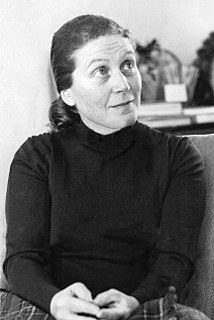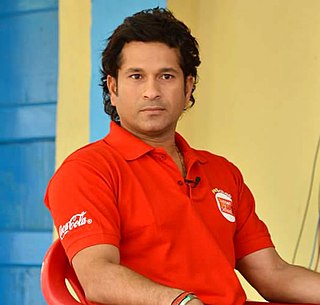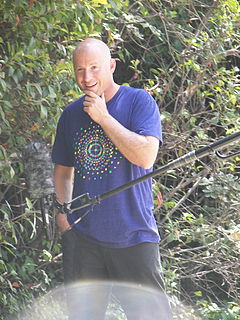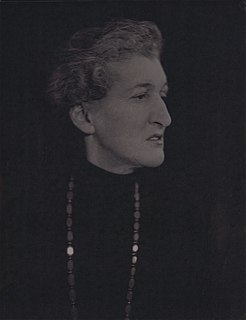A Quote by Svetlana Alliluyeva
For twenty-seven years I was witness to the spiritual deterioration of my own father, watching day after day how everything human in him left him and how gradually he turned into a grim monument to his own self.
Related Quotes
I'm the son of a pastor and evangelist and I've described many times how my father, when I was a child, was an alcoholic. He was not a Christian. And my father left my mother and left me when I was just three years old. And someone invited him to Clay Road Baptist Church. And he gave his heart to Jesus and it turned him around. And he got on a plane and he flew back to my mother and me.
I know that God is our Father. He introduced His Son, Jesus Christ, to Joseph Smith. I declare to you that I know that Jesus is the Christ. I know that He lives. He was born in the meridian of time. He taught His gospel and was tried. He suffered and was crucified and resurrected on the third day. He, like His Father, has a body of flesh and bone. He made His Atonement. Of Him I bear witness. Of Him I am a witness.
When the father dies, he writes, the son becomes his own father and his own son. He looks at is son and sees himself in the face of the boy. He imagines what the boy sees when he looks at him and finds himself becoming his own father. Inexplicably, he is moved by this. It is not just the sight of the boy that moves him, not even the thought of standing inside his father, but what he sees in the boy of his own vanished past. It is a nostalgia for his own life that he feels, perhaps, a memory of his own boyhood as a son to his father.
You must therefore zealously guard in his mind the curious assumption 'My time is my own'. Let him have the feeling that he starts each day as the lawful possessor of twenty-four hours. Let him feel as a grievous tax that portion of this property which he has to make over to him employers, and as a generous donation that further portion which h allows to religious duties. But what he must never be permitted to doubt is that the total from which these deductions have been made was, in some mysterious sense, his own personal birthright.
By the time Kafka was seven or eight years old, he already had a relatively dark view of the world derived from experiences in his own family. This told him that the world was organized in a strictly hierarchical manner and that those on the top were allowed to mete out punishment in any way they chose. They were entitled to leave those on the bottom uninformed about the rules to which they subscribed; they weren't even required to follow their own rules - this is how Kafka described it in his later Letter to My Father.
Or perhaps a widow found him and took him in: brought him an easy chair, changed his sweater every morning, shaved his face until the hair stopped growing, took him faithfully to bed with her every night, whispered sweet nothings into what was left of his ear, laughed with him over black coffee, cried with him over yellowing pictures, talked greenly about having kids of her own, began to miss him before she became sick, left him everything in her will, thought of only him as she died, always knew he was fiction but believed in him anyway.
Neither son loved the father for himself. They both were using the father for their own self-centered ends rather than loving, enjoying, and serving him for his own sake. This means that you can rebel against God and be alienated from him either by breaking his rules or by keeping all of them diligently. It 's a shocking message: Careful obedience to God's law may serve as a strategy for rebelling against God .



































